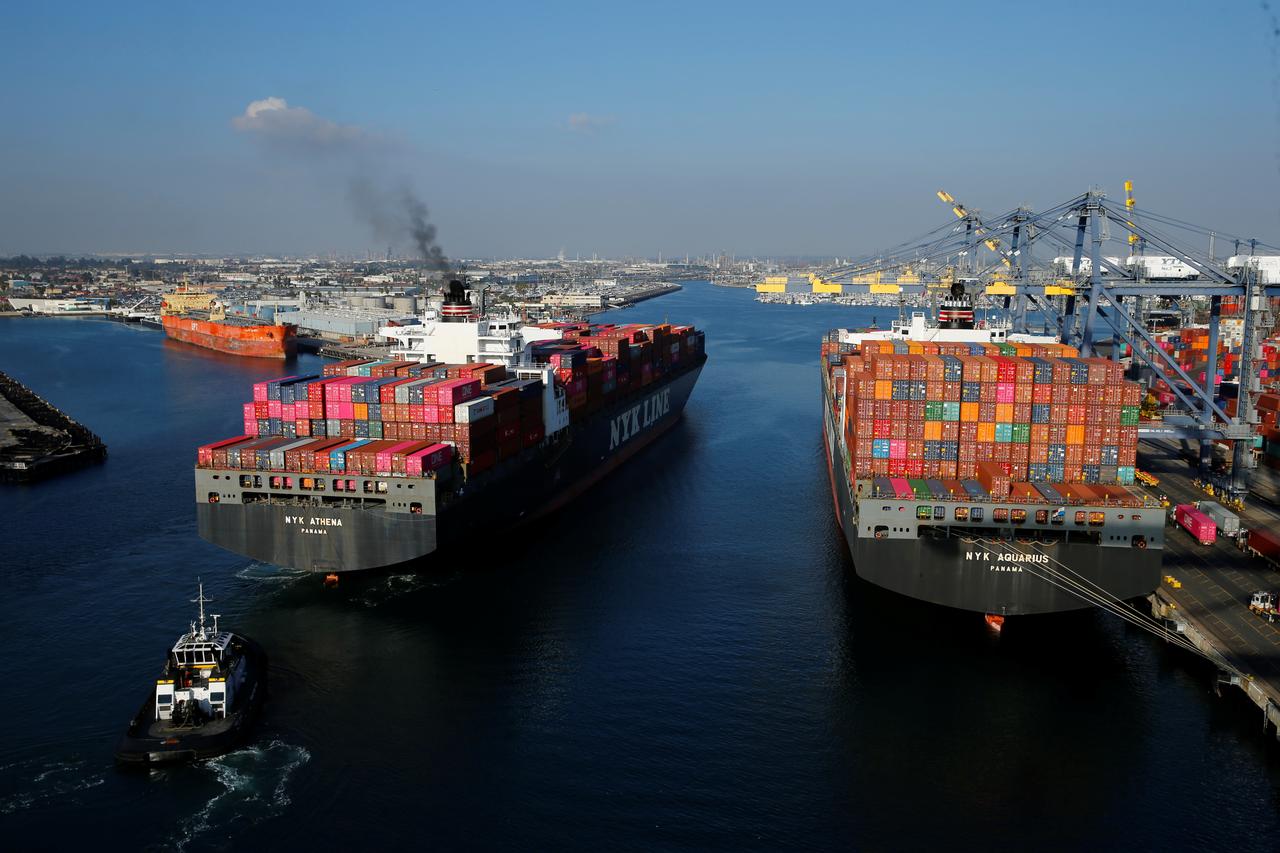
The US government has backtracked on its commitments three times in the trade negotiations with China and should bear sole responsibility for the stalled progress, the paper said on Sunday.
The white paper, "China's Position on the China-US Economic and Trade Consultations", was released by China's State Council Information Office. It came amid ongoing tension between the world's two largest economies.
Speaking at a news conference on Sunday, Vice Minister of Commerce Wang Shouwen said China is willing to work together with the US to find solutions concerning differences on the economic and trade fronts and to reach a mutually beneficial and win-win agreement.
"However, cooperation has to be based on principle and there are bottom lines in consultations," Wang said. "China will not compromise on major issues of principle."
The US government has persisted with certain demands in its negotiations with China, Wang said. For example, it insisted on including "mandatory requirements", concerning China's sovereign affairs in the agreement, which only served to delay the talks' progress, he said.
The white paper said "red lines" cannot be crossed in bilateral negotiations, the right to development cannot be sacrificed, and sovereignty cannot be undermined.
China and the US have been engaged in a trade dispute for several months. The tension has been escalating since they reached a deadlock over economic and trade negotiations.
The consultations, launched in early February 2018, have come a long way with the two sides "agreeing on most parts of the deal," the paper said. "But the consultations have not been free of setbacks, each of them being the result of a US breach of consensus and commitments as well as backtracking."
The paper listed, in chronological order, three times when the US backtracked on a deal.
The first time was when the US government announced an additional tariff of 25% on $50 billion of Chinese exports, despite the negotiators having reached preliminary consensus on expanding China's imports of agricultural and energy products from the US.
The US government "kept changing its demands" in the previous more than 10 rounds of negotiations, the paper said.
However, some US officials argued that China backtracked on nearly all aspects of the trade deal, according to earlier reports from foreign media.
Wang said the US accusations of China reneging on the deal are groundless. When consultations are in progress, it is not uncommon for both sides to propose adjustments to the text of an agreement, Wang said.
In response to the latest US tariff move, China raised additional tariffs to a maximum 25% on part of $60 billion worth of US products, effective June 1. China has had to take forceful measures to defend the interests of the nation and its people, he added.
This article originally appeared on the China Economic Net

1731570357-0/elon-musk-(1)1731570357-0-165x106.webp)
-(1)1717678110-0/Kendrick-(1)-(1)1717678110-0-165x106.webp)














COMMENTS
Comments are moderated and generally will be posted if they are on-topic and not abusive.
For more information, please see our Comments FAQ